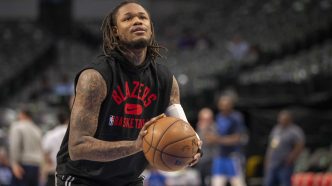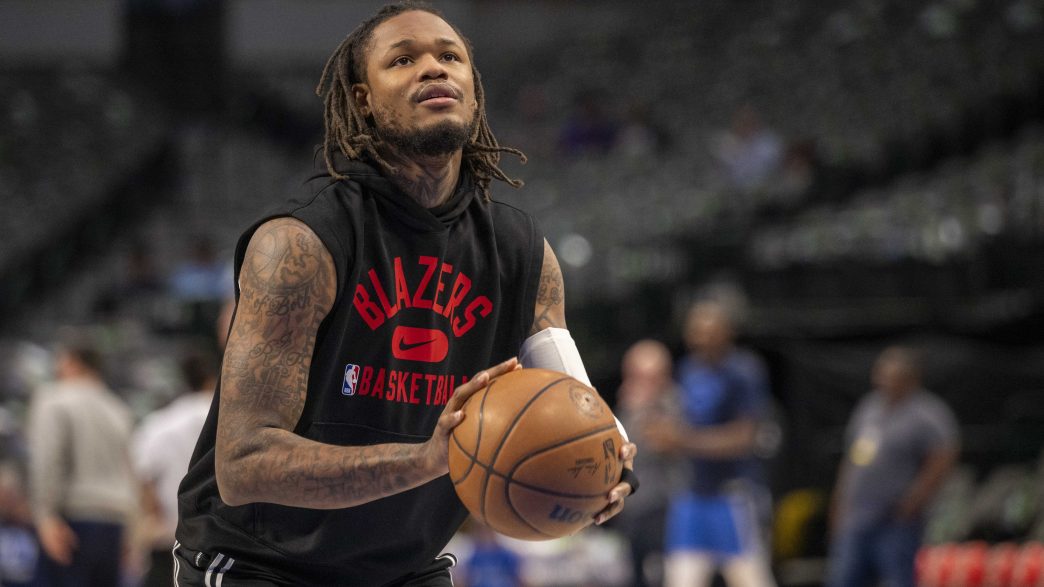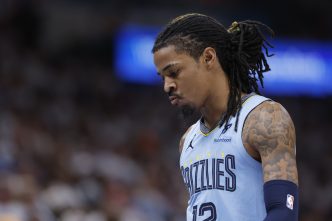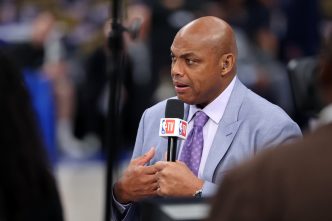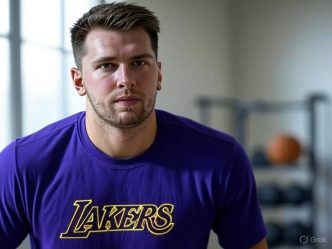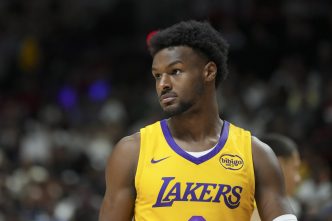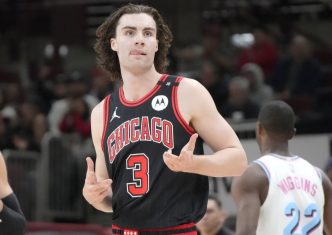Former NBA guard Ben McLemore has been sentenced to 100 months in prison following his conviction for rape and sexual assault of a 21-year-old woman that took place after a lake house party in 2021. This sentencing comes just a week after a jury in Clackamas County, Oregon, found McLemore guilty on multiple charges, including first-degree rape and unlawful sexual penetration, while acquitting him on one count of sexual abuse.
At the time of the incident, McLemore was a member of the Portland Trail Blazers. The jury’s decision reflects the seriousness of the charges, and they arrived at their verdict after hearing testimonies concerning the distressing events of that night. The court heard that after a party at the home of now-former teammate Robert Covington, the victim, who had been heavily intoxicated, passed out on a couch. She later regained partial consciousness to find McLemore assaulting her.
In a statement released through his attorneys, McLemore expressed his regret, acknowledging the impact of his actions and conveying his sense of responsibility. “I know people are hurting, and I want to acknowledge the weight of what has happened. My heart goes out to everyone who has been impacted,” he emphasized, attributing his actions to impaired judgment.
The victim addressed the court via video link, sharing the lingering emotional burden she has carried since the assault. She highlighted the internal struggle she faced when deciding to come forward, especially considering McLemore’s status as a professional athlete. Her message resonated with a clear call for accountability, stating, “I came forward to hold him accountable for the harm he caused, to ensure that what happened to me never happens to anyone else. No one is above the law, no matter who they are or what position they hold.”
The prosecuting attorney, Scott Healy, elaborated on the traumatic experiences the victim endured that night and expressed hope that the case’s outcome might inspire others in similar situations to speak out. Healy highlighted the necessity of accountability in such incidents: “(The defendant) needs to be held accountable for what he did. You can’t do that to somebody, let alone somebody that you don’t know either.”
While McLemore’s legal team contended that the victim had consented to the encounter, asserting that both individuals were intoxicated, the court found the evidence compelling enough to convict him on multiple charges.
After being selected seventh overall in the 2013 NBA Draft by the Sacramento Kings, McLemore had a career that spanned several teams, including the Memphis Grizzlies, Houston Rockets, and Los Angeles Lakers, before finishing with the Trail Blazers in the 2021-22 season. More recently, he had been playing professionally overseas in various leagues across Europe, China, and Turkey.
As this case unfolds, it serves as a stark reminder of the complexities surrounding issues of consent, accountability, and the long-lasting effects of trauma. The hope remains that this case will not only provide justice for the victim but also encourage a broader dialogue about these critical issues in and outside the sports community.

